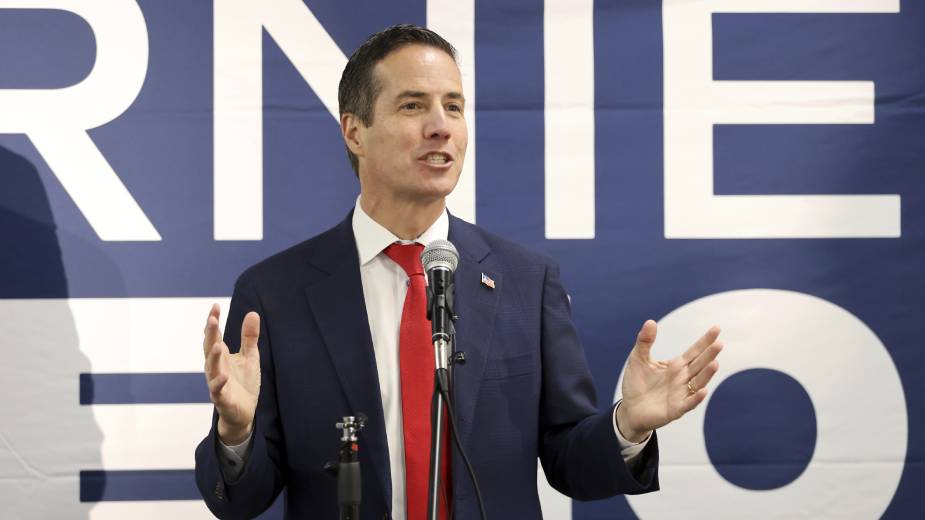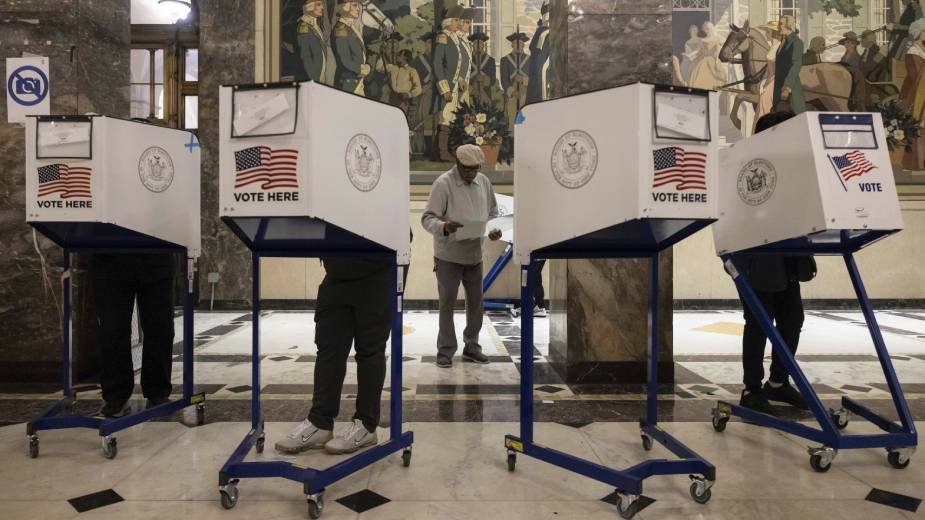Ryan Backs Bills for Tuition-Free College
WASHINGTON — U.S. Rep. Tim Ryan, D-13 Ohio, announced his support of three bills that would make college education tuition-free and debt-free. This week, Ryan signed on as co-sponsor of the College for All Act, the Debt-Free College Partnerships Act and the Aim Higher Act.
In a statement Wednesday, Ryan said the bills would help families get ahead “by making an investment in them and their future,” and that the success of the country is reliant on citizens having access to post-secondary education and training.
“Education is critical to personal flourishing as well as keeping the American workforce competitive in an increasingly globalized economy,” Ryan said. “College should not only be for the privileged few. It is a benefit for all, and must be seen that way. No individual or family should be burdened with crushing debt that will stifle opportunity when the whole point of attending college is to grow through new opportunities.”
The College for All Act eliminates tuition and fees at public four-year colleges and universities for those making up to $125,000, and makes community college tuition- and fee-free for everyone. It proposes cutting student loan interest rates in half, allowing Americans to refinance student loans at the lowest possible interest rates, preventing the federal government from profiting off of student loans, and providing funding to eliminate equity gaps in attaining higher education, according to the release. The act would be paid for by a tax on Wall Street speculation.
The Debt-Free College Partnerships Act seeks to create a “voluntary state-federal partnership to increase investment in public higher education,” while enabling students to attend public college tuition-free. Under the partnership, a state would receive a federal award that matches its higher education appropriations. In an effort to achieve debt-free college for all in-state students within five years of joining the partnership, participating states would have to commit to providing need-based grants to cover students’ cost of attendance. Additionally, states would be allowed to spend up to 10% of their partnership award to increase public institutions’ capacity, support degree completion programs and make other higher education investments.
To make college more affordable, the proposed Aim Higher Act would invest in federal student aid and incentivize states to reinvest in higher education. It would “crack down on predatory for-profit institutions that target students and veterans with expensive, low-quality programs.” The act would protect and expand the Public Service Loan Forgiveness program, which is omitted from House Republicans’ Prosper Act, and would make student loans easier to repay. Additionally, it would give students what they need to graduate on time “with a quality degree,” and would invest in teachers and improve training for teachers and school leadership.
Copyright 2024 The Business Journal, Youngstown, Ohio.



